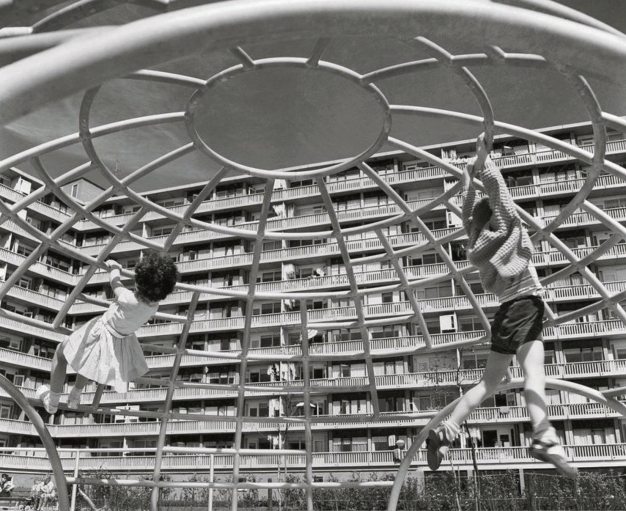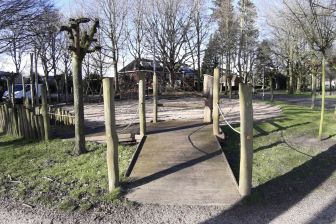
Exhibition celebrates the history of playgrounds
The historical development of children’s urban playgrounds forms a central part of a fascinating new exhibition in London.
Play Well is highlighting the work of – among others – Friedrich Fröbel, the German inventor of the ‘kindergarten’ concept, and Dutch architect Aldo van Eyck, who designed hundreds of Amsterdam playgrounds after the Second World War.
The Wellcome Trust, a research charity based in London, is hosting the event at its museum and library which aims to challenge how society thinks about and feels about issues affecting people’s health and well-being.
‘The importance of children’s play’
Posing the question: “Why do we play? How important is it for all of us, young and old? What does it mean to play well?”, the organisers of Play Well say it explores ‘how play transforms both childhood and society’, using displays of historic toys and games, artworks and design, and how play develops social bonds, emotional resilience and physical wellbeing’.
Aldo van Eyck was one of 20th century’s most influential figures in the field of urban architecture, and became known for his designs of playgrounds in Amsterdam. He recognised the importance of children’s play within the culture of a city which was having to rebuild large sections after the war, and so his designs were both functional and challenging. Many of his playgrounds remain in use today (see photo).
Why do we play?
Play Well also features a large collection of black and white photographs showing a long-gone era of children making the city their own, happily playing outside wherever – and on whatever play ‘equipment’ – they can make use of.
The free exhibition runs until 8 March 2020 and is at the Wellcome Trust, 183 Euston Road, London, NW1 2BE. For more information email info@wellcomecollection.org




